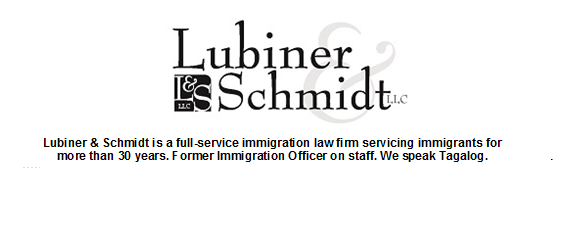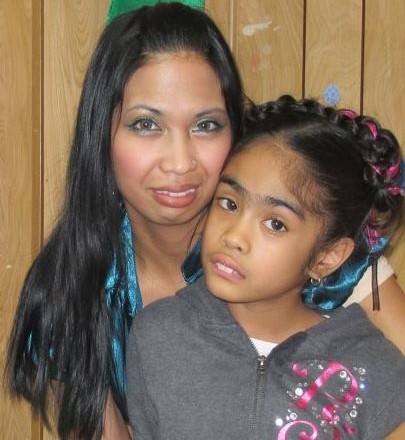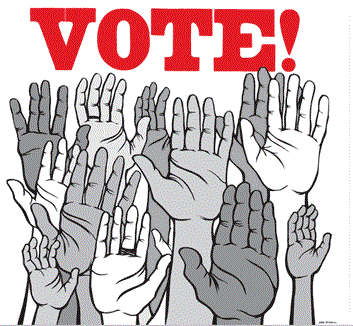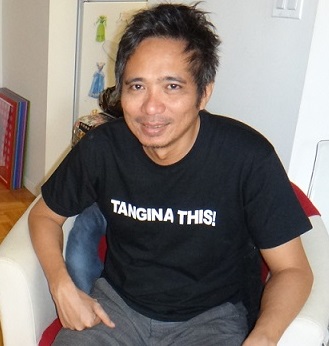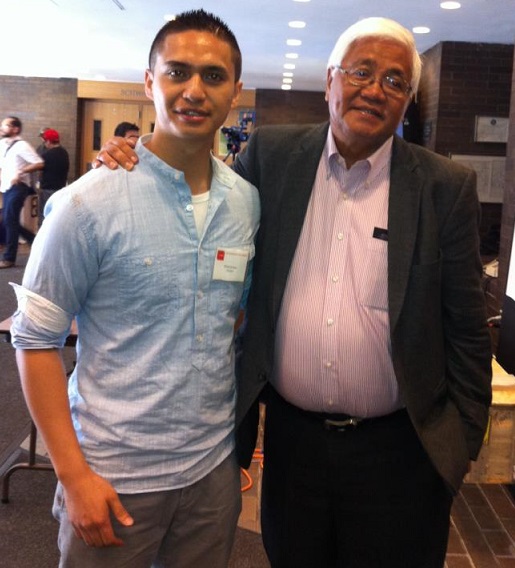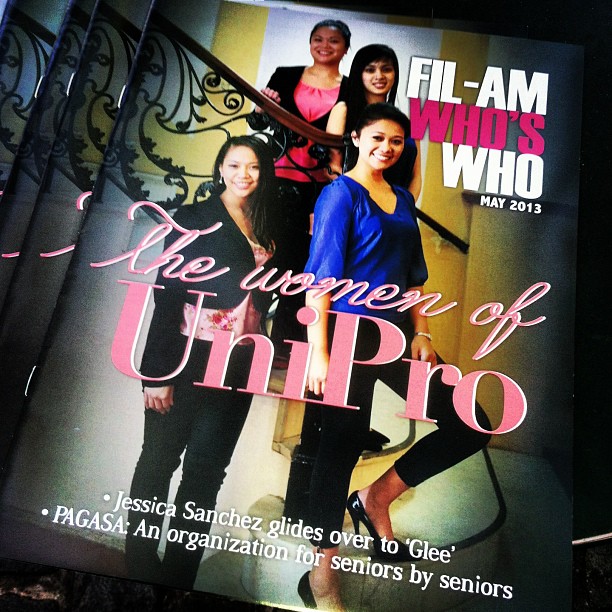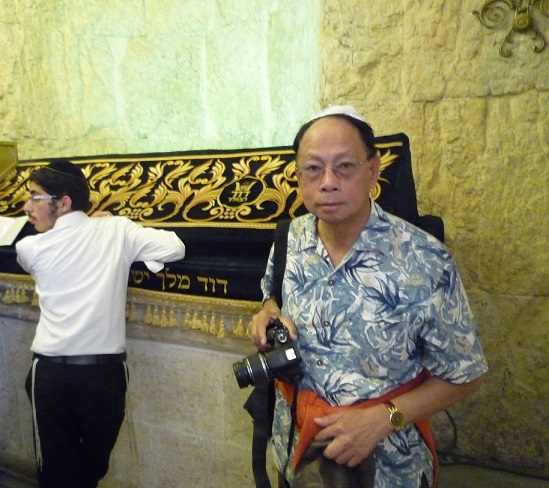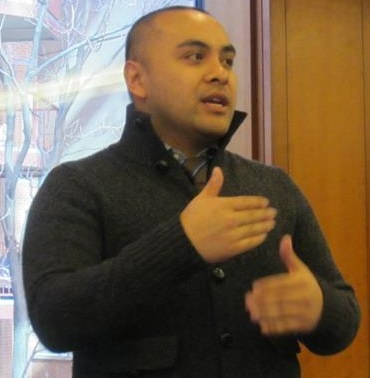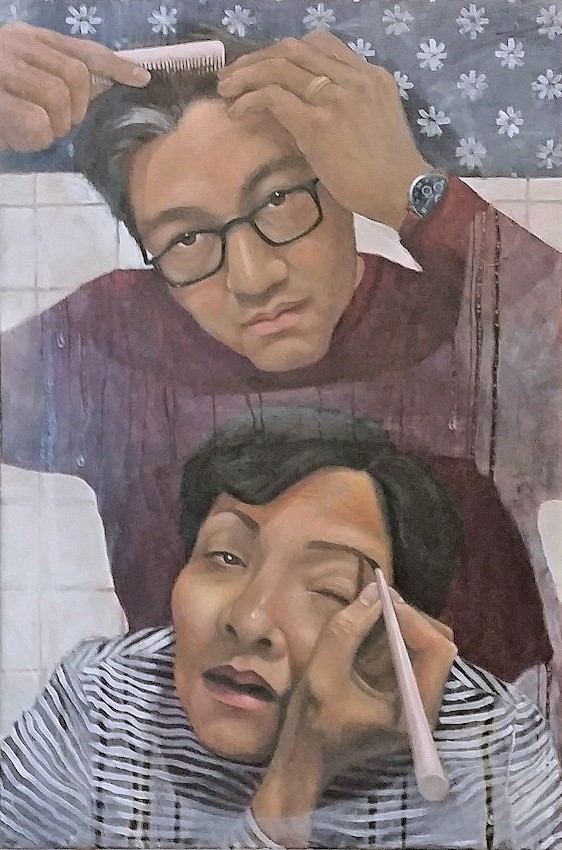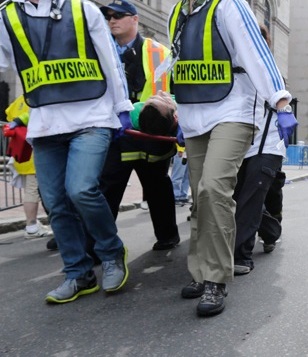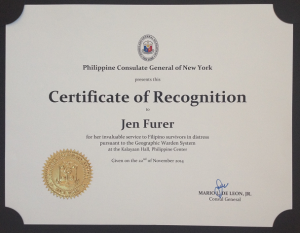Where there’s hurricane or bombing, there’s a warden eager to help
By Jen FurerIn 2012, my sheltered view of America was shattered when I received this message on Facebook: “I am Lisa and I live in one of the Arab countries. I am searching for a Filipino community that can help me because I am very worried for my mother who is working with an Arab family in New York.”
The email continued: “My mother used to work as a teacher when the Egyptian hired her and two other Filipina teachers to work as private teachers to his children. They all accepted the job offer because it is their dream to work in America. However, when they arrived in New York, aside from teaching, they were not only asked to teach but also to take care of their children, especially their infant baby. Their boss locks all the doors, and they are not allowed to go out. They sleep late, they don’t eat properly and they are not allowed to talk to other people. Their employer holds their passport. Hope you can help my mom and her three other co-workers.”
I re-read the email multiple times because I couldn’t immediately grasp its intensity. I kept shaking my head and asking myself, “Can this be true?”
I then forwarded the email to the officers of the Filipino American Legal Defense and Education Fund. I was at the time a member of the FALDEF board. After three days, Lisa’s mother finally contacted me through Facebook. I coordinated with Consul Felipe ‘Bong’ Carino of the Philippine Consulate’s Assistance to Nationals unit. There were a lot of questions I didn’t know the answer to but he calmly guided me on how to help gather additional evidence of their abuse. Once Lisa’s mother confirmed her desire to be rescued, the consulate made the arrangements for the rescue.
Lisa’s mother was rescued by a team of police officers, lawyers and consular officials. She was the only one who decided to make a dash for freedom and the three teachers decided to stay with the family. The mother was placed in a shelter, her immigration status was fixed after it was confirmed hers was a classic case of human trafficking. She is now working as an administrative clerk and is looking to get certified as a nursing assistant.
At the time that was the story was unraveling, I thought I just happened to be at the right place at the right time. I learned the Consulate has a name for people like me. I was a “warden,” a Filipino assisting fellow Filipinos in distress. On November 22, I joined a dozen other wardens at a simple ceremony where we were commended and given certificates. I got emotional. I felt guilty that I wasn’t able to do much to rescue the other Pinays who decided to stay behind.
I was with about 50 other wardens from Pennsylvania, New Jersey, Connecticut, Philadelphia, Massachusetts and New York who attended the second Geographic Warden System General Assembly at the Philippine Center. The Warden System was launched in September 2013 as a Filipino assistance network to assist other FilAms dealing with man-made and natural calamities around the Northeastern states under the consulate’s jurisdiction.
Consul General Mario de Leon gave a report on the consulate’s Assistance to Nationals services and identified the objectives for the coming year: to identify and tap potential resources in the community in every geographic region, create a contact database of Filipinos, and develop an Operations Manual for wardens.
He cited instances of assistance rendered by wardens. One was the collapse of a Harlem apartment building in March because of a gas explosion. A warden rushed to the scene to inquire if a Filipino was among the injured. Another was when a warden came to the aid of elderly undocumented Filipinos in Queens.
Retired school teacher Lumen Castaneda, a fellow warden, shared with me how she was one of the early responders during the 2012 Hurricane Sandy.
“I gathered some of my teacher friends, and we brought coats, blankets, towels, food, utensils, rice cookers, etc. and distributed them to the 10 teachers who were affected by Sandy. We also gave the teachers, $100 each,” she recalled.
Eden Gianan of the Philippine Nurses of New England told me how she volunteered in the 2013 Boston Marathon. “Two blocks from the bombing I was helping some runner put his jogging pants. He was cold and he was wearing shorts. Then the bombing occurred. I heard it twice. I thought it was just a tire but I had this gut feeling.
“Then this year, a Filipino woman was physically abused by her husband. Consul Bong Carino called me to help one late night on my way home. With the help of another warden, Frank Celoza, we provided housing for the Filipina overnight and then she went to New York for safety.”
In another conversation, accountant Ledy Almadin recalled how she and members of Handang Tumulong went to Brooklyn to help the teachers who lost their homes and property to Hurricane Sandy.
“When we got there, there was no light in the whole area, no electricity and the teachers were all cooped up in one apartment with candles and stuff. We bought money for them,” she said.
Consul Carino urged the community to develop a “mindset to help.”
“It’s a matter of looking out (for people who may need help.) As a community, the wardens can fill the gap until the consular assistance comes,” he said.
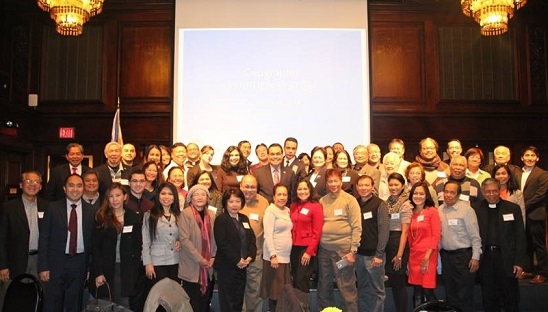
The 50 volunteers who attended the Warden System General Assembly at the Philippine Center, with Consul General Mario de Leon Jr. (center) and Consul Felipe Carino (2nd from left)
